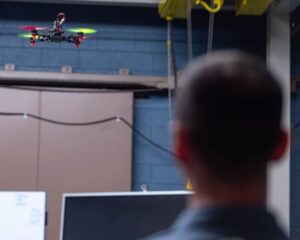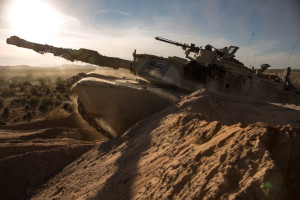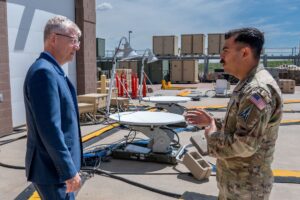
The Senate Armed Services Committee (SASC( is pushing the Department of Defense to take on a greater role in ensuring election security ahead of the 2018 midterms, including building private sector partnerships and utilizing its Cyber Mission Forces to combat interference campaigns.Witnesses at a Tuesday SASC Cybersecurity Subcommittee hearing echoed the Senate panel’s assessment that a lack of a national strategy against interference is alarming, and the DoD has a responsibility to lead a whole-of-government effort to prevent future election…

 By
By 








